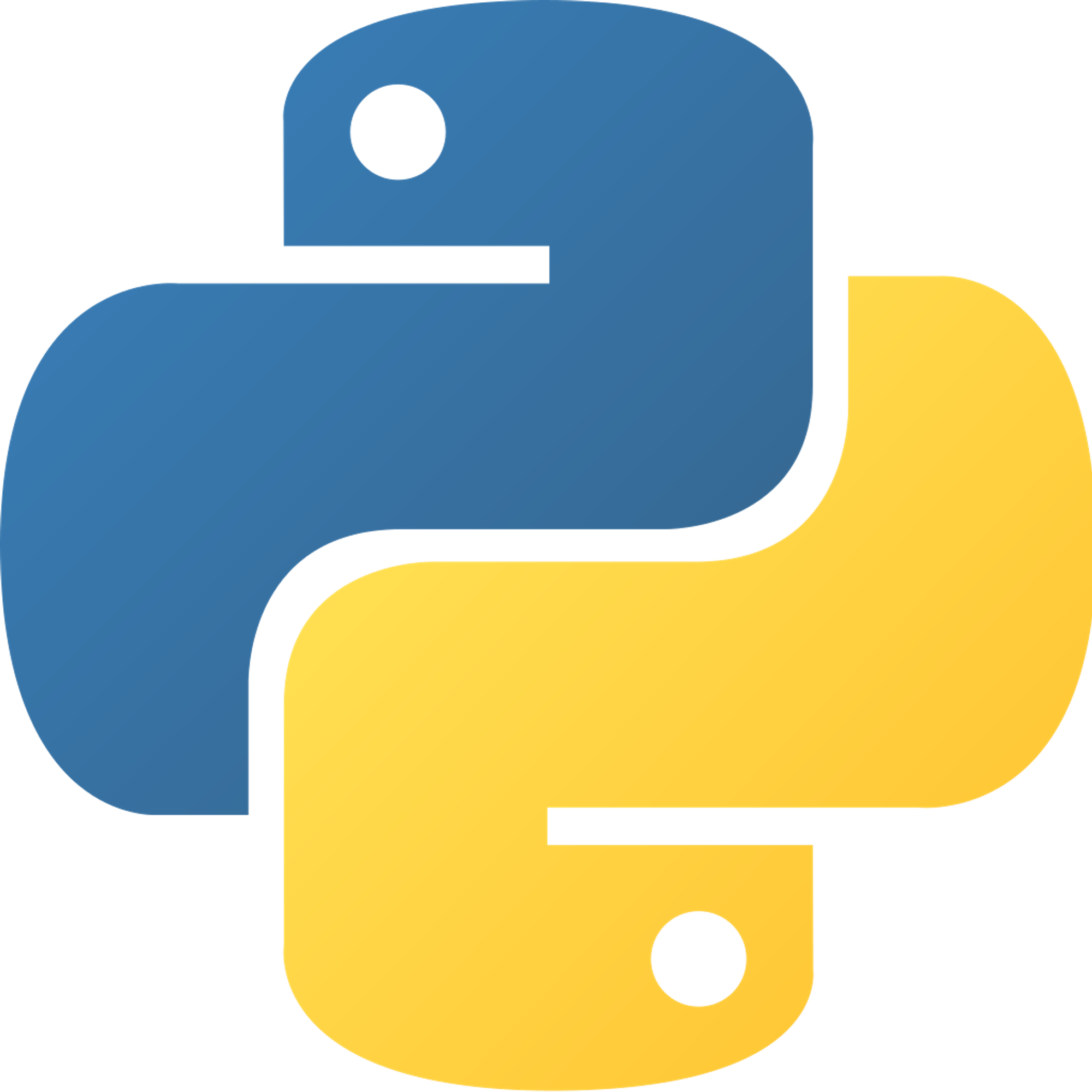Set Operations
Python can perform union, difference, symmetric difference, intersection on sets.
x = {1, 2, 3, 4, 5} y = {3, 4, 5, 6, 7} print(x.intersection(y)) # prints {3, 4, 5} print(x.difference(y)) # prints {1, 2} print(x.symmetric_difference(y)) # prints {1, 2, 6, 7} print(x.union(y)) # prints {1, 2, 3, 4, 5, 6, 7} # here's some other ways to express set operations print(x-y) # same thing as difference print(x&y) # same thing as intersection
View on GitHub
The methods with
_update in the name do the same thing as the named operation, except it automatically assigns the returned value to the set the method was called from. In other words, the _update methods mutate the original set instead of returning a new set.x = {'p', 'y', 't', 'h', 'o', 'n'} y = {'c', 'o', 'd', 'i', 'n', 'g'} x.intersection_update(y) print(x) # prints {'o', 'n'}
Practice
Open Mind
Two brothers come together to watch TV every day. On weekdays (monday through thursday), they are not open-minded and only watch what they like to watch themselves. Due to this, it is possible for nothing to be watched. On weekends (friday through sunday), they are open-minded and would watch what they themselves like to watch and what the others like to watch even if they themselves don’t like to watch that specific TV show.
Assume, all the TV shows the brothers like will be played every day. Given a day (1-4 represents weekday and 5-7 represents weekend) and two sets (what the brothers each like to watch), return the set of possible TV shows the brothers would both watch on that day.
Copyright © 2021 Code 4 Tomorrow. All rights reserved.
The code in this course is licensed under the MIT License.
If you would like to use content from any of our courses, you must obtain our explicit written permission and provide credit. Please contact classes@code4tomorrow.org for inquiries.
